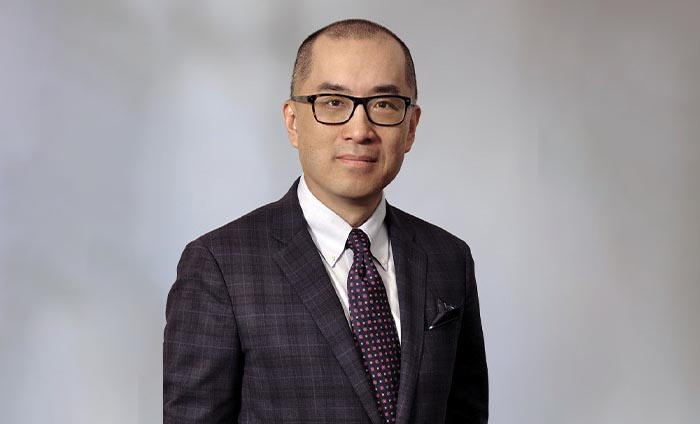

December 13, 2022
For Andrew Wong, practicing construction and infrastructure law was not a part of his initial career plan. Before he started teaching at Osgoode Professional Development (OsgoodePD), and even before he pursued his law degree on the West Coast, he was studying civil engineering at the University of Toronto.
Andrew shared with us the journey that led him into the field of engineering and then ultimately practicing construction and infrastructure law at Osler, Hoskin & Harcourt LLP – where he has had an illustrious career working on everything from nuclear generating stations to aerospace, defence, and biotech.
Andrew also shared his advice for navigating a career in construction and infrastructure law, and his thoughts on how OsgoodePD’s Certificate in Contract Management for Construction and Infrastructure Projects differs from other programs out there.
How did you end up practicing construction and infrastructure law?
I have always been interested in building things and I was pretty good at math and science, so the natural direction seemed to be in engineering. I went to the University of Toronto for civil engineering but, after three years, I discovered that engineering wasn’t really for me, so I applied to law school at the University of British Columbia for a change of environment.
When I completed law school, I moved back to Toronto to article and be closer to my family. Once I completed the articling process, I sought out a job with a law firm.
It just so happened that I was flipping through an issue of the Ontario Reports and saw that Osler, Hoskin & Harcourt LLP was looking for a construction lawyer. That seemed like a good fit given my engineering background. It was a very fortuitous happenstance as I have been working at Osler ever since, going on 25 years.
You have been Co-Program Director of the Osgoode Certificate in Contract Management for Construction and Infrastructure Projects since 2017. What are some of the unique aspects about the program that you can share?
I think the program is unique as it is geared towards people who may not necessarily have a legal background. What we are accomplishing with this certificate is providing people with an understanding of how to successfully manage and administer a construction or infrastructure project.
The program is five days long, and on the first day we have lawyers who come in and provide a legal framework for the participants. Over the next four days, while lawyers will still discuss legal points, we really try to become less legal-centric. Instead, we provide more practical advice on how the participants can manage their projects successfully and identify the tools that they can take away from the course.
At the same time, I think lawyers can also benefit from pursuing this program because it provides them with the commercial context in which they need to provide legal advice. It is important for lawyers to also understand the technical background of a respective project to provide the proper legal advice.
Do you have any advice for others looking to navigate a career in the field of construction and infrastructure law?
I think that construction and infrastructure law is extremely unique as it covers different types of large projects. The geeky side of me has always been interested in technology and how things work, which has helped me draft contracts accordingly.
For example, when involved on nuclear reactor refurbishment projects I had to understand how nuclear reactors work and then learn about the refurbishment process as well. All of this I found fascinating!
I’ve also worked on government procurement projects, which again necessitated having a high understanding about the subject matter of the contract to be successful. As such, in addition to having a deep understanding of the contract’s subject matter, I would also suggest that people considering a career in this field possess a genuine interest in the subject matter for this type of work to be rewarding.

